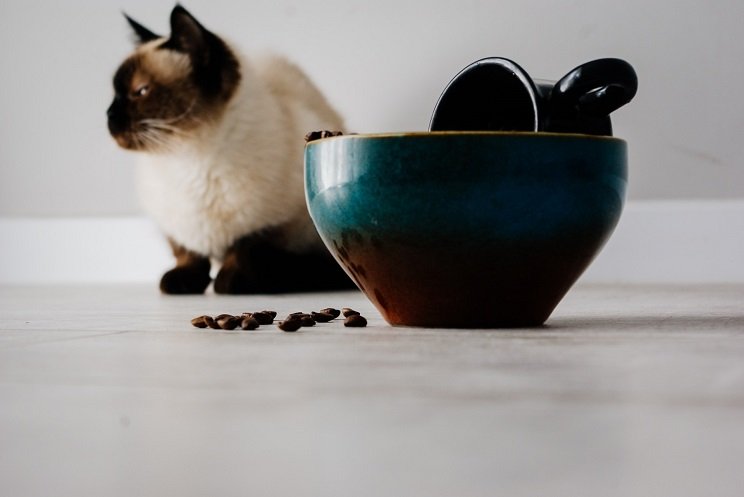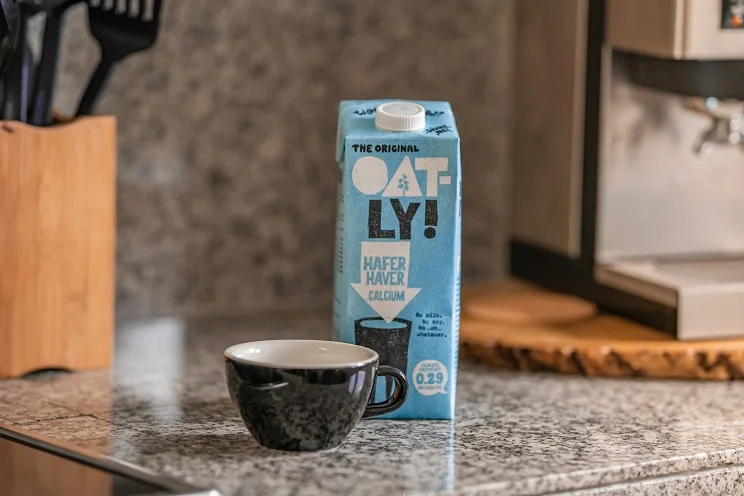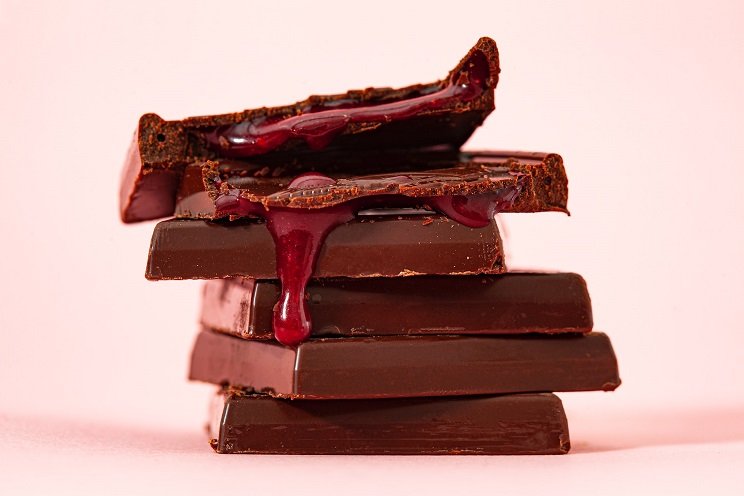If you’ve ever seen a cat and a bag of beans, you know that the two don’t mix well. But what about food? Can cats eat beans? The answer is yes—but not all types of beans. If your cat seems to have an affinity for legumes, it’s important to know which ones are safe and which ones aren’t. Let’s explore this tasty question in detail so that you can be sure your precious kitty doesn’t get sick from her favorite treats!
Can cats eat beans?
This is a common question, and the answer is yes! Beans are not toxic to cats. Beans are a good source of protein, fiber, vitamins and minerals as well as antioxidant compounds that help your cat stay healthy. But what about gas? You might be wondering if there will be any flatulence issues with your feline friend after he or she consumes this legume dish. Luckily for both of you (and everyone else within earshot), most studies have found that bean consumption does not cause excessive flatulence in felines because they digest them differently than we humans do.
However, there are still some precautions when feeding your cat beans: make sure they’re cooked thoroughly so there aren’t any bacteria present; avoid raw kidney beans due to their high phytohaemagglutinin content which could cause gastrointestinal distress if consumed by sensitive animals; don’t feed them too many at once since it could result in an upset stomach; make sure you only feed them canned varieties versus dried ones since these latter tend contain higher amounts salt/sodium which may cause dehydration over time if consumed regularly
Are beans poisonous to cats?
Beans are not poisonous to cats. They can be a healthy part of your cat’s diet. You should not give your cat raw or whole kidney beans as they contain lectins which may cause vomiting and diarrhea.
Cats have been eating beans since ancient times and some experts believe that this is why there are so many stray cats in Mexico! If you want to give your feline friend a taste of the Southwestern lifestyle then here are some types of beans that he/she will enjoy:
Are beans good for cats?
Beans are a good source of protein, fiber, and vitamins. Beans also contain antioxidants that help to reduce the risk of heart disease. Beans can be used as a meat substitute as they are low in fat, sodium, and cholesterol. Beans are high in iron and magnesium which are important for your cat’s health because they help to regulate blood sugar levels by improving circulation throughout their body. If you decide to feed beans to your cat then do so in moderation as too much may cause digestive issues such as gas or bloating!
Can cats eat black beans?
Can cats eat black beans? Yes, but only in moderation. Black beans are safe for cats to eat because they contain protein and fiber, which are important nutrients for your cat’s health. They also have a low fat content (about 2%), so they won’t cause weight gain or clogged arteries like other types of meat might do if you feed it to your pet too often.
Black bean soup is one of many meals that can be made using this type of legume: just add some broth (or water), onions, garlic cloves and cumin–and voila! You’ve got yourself an easy-to-prepare dish that will fill both you and Fido up after a long day at work or school. If you want something even simpler than this recipe but still healthy for both humans and felines alike then consider buying canned black bean products instead; these options typically include other ingredients such as rice so that everything tastes better together than just straight outta’ jarred goodness alone!
Cats should never eat raw black beans because they may contain harmful bacteria such as E. coli which could make them sick if consumed regularly over time; alternatively cooking them thoroughly before serving them up means no worries about getting sick later down the road either way though so long story short here folks…if don’t wanna risk getting sick ourselves then stick with cooked rather than uncooked dishes whenever possible!”
Can cats eat refried beans?
It’s safe for your cat to eat refried beans. This food is high in protein and fiber, which means it can help keep your cat’s digestive system running smoothly. It also contains iron, calcium and phosphorus–two minerals that are important for bone health.
Refried beans are also a good source of magnesium and potassium (which helps control blood pressure), so they’re beneficial for both cats’ physical health as well as mental well-being.
Can cats eat green beans?
Green beans are a great choice for cat owners who want to provide their feline friends with a healthy snack. Green beans are loaded with vitamins, minerals, and fiber. They have relatively few calories and are very low in fat–so they won’t make your cat fat!
Cats can eat green beans as long as they’re cooked thoroughly (and not raw). Raw or undercooked green beans can be toxic for cats because they contain certain toxins called glycosides that can cause vomiting and diarrhea if eaten in large quantities by cats or dogs.
Other foods that are safe for cats
It’s important to be aware of the foods that are potentially toxic to cats, but it’s also good to know which ones they can eat.
Here are some other foods that are safe for cats:
- Canned tuna (in water)
- Chicken and turkey breast meat
- Liver (cooked or raw)
- Eggs (cooked or raw)
- Cottage cheese, yogurt, oatmeal
Also Read
Conclusion
As you can see, beans are a great source of protein and fiber. They can be a good addition to your cat’s diet if they have no allergies to them. However, if your cat is sensitive or allergic to beans then we recommend that you avoid feeding them at all costs!




